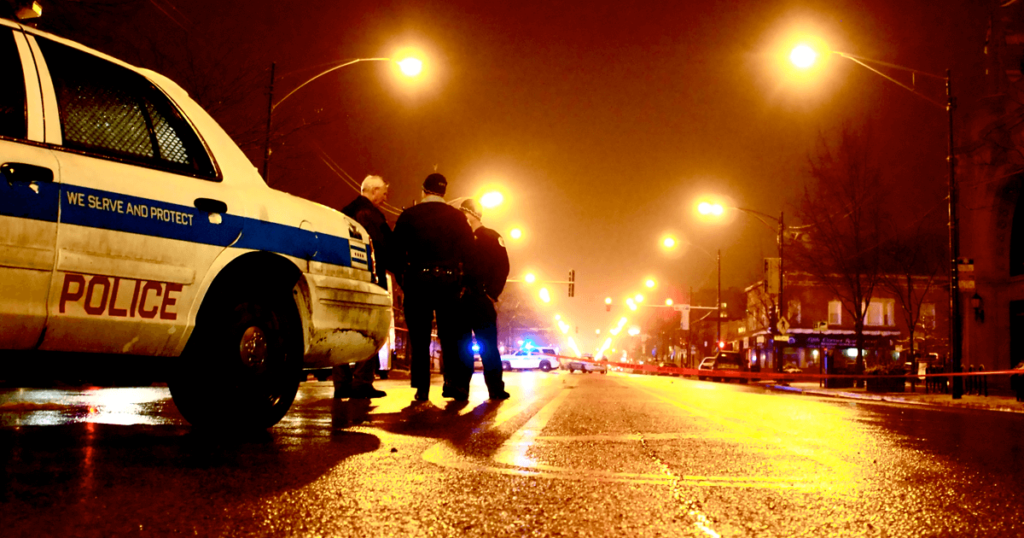Dopers in Uniform
An excerpt from John Hoberman’s investigation into the hidden world of police on steroids

So far, the national debate over excessive police violence has omitted one unforeseen element: officers on steroids. But Dopers in Uniform, the first book of its kind, begins to infiltrate the testosterone-fueled underworld of urban police departments, shielded for so long behind a “blue wall of silence.” In this excerpt, John Hoberman considers the costs and benefits of cops on steroids—protecting citizens to the best of their ability versus their own accountability to the law.
How severely should the steroid-using officer be judged and punished? The special stigma of illicit drug use can put police executives who judge and impose penalties on these officers in a difficult position. Those at the top are torn between their appreciation of the services rendered by the officer and their responsibility to crack down on drug users in the ranks. This predicament is created by the police hero who compromises his position by using illicit drugs. An English judge stated in 2011: “When a police sergeant purchases class C drugs from one officer and [intends to] supply them to another, right minded members of society will be truly shocked.” Sentenced to three years and nine months in prison, the officer in question said he found his life “in ruins.” During his 25 years of police service, “he had saved a boy’s life, been attacked by a criminal wielding a samurai sword, served on United Nations peacekeeping missions in Bosnia and Sarajevo, and [been] ranked as the highest performing sergeant in the war against crime in St Helens.” … [T]his fallen exemplar has a number of American counterparts. One of them is Tramell Taylor, who resigned from the Spokane Police Department in 2014 after the DEA reported that a shipment of steroids had arrived at his home. In 27 years on the force, Taylor had been awarded the Washington State Medal of Honor, the Spokane Police Department Silver Star, the Distinguished Service Medal, and a Life-Saving Award.
Police heroes who lose their careers as a result of anabolic steroid use confront us with fundamental questions about professional standards, institutional policies, and the meaning of “illicit” drug use in today’s heavily medicated society. The massive New Jersey steroid scandal of 2010–2011, involving 248 police officers and firefighters, demonstrated that illegal hormone use does not carry the automatic penalty of dismissal from the force, since none of these men lost their positions as first responders. In fact, as this book shows, police commanders have generally followed lenient policies that avoid effective investigation of steroid use and that shield steroid users from the statutory legal penalties for drug use of this kind. This leniency is reinforced by the reluctance of local prosecutors to charge police officers, whose cooperation is essential to getting indictments and convictions. In summary, the pro forma condemnations of steroid use that police administrators offer to the public are not matched by their actions toward officers who are caught using illicit drugs.
Excerpt from Dopers in Uniform: The Hidden World of Police on Steroids by John Hoberman. Used with permission from University of Texas Press.

